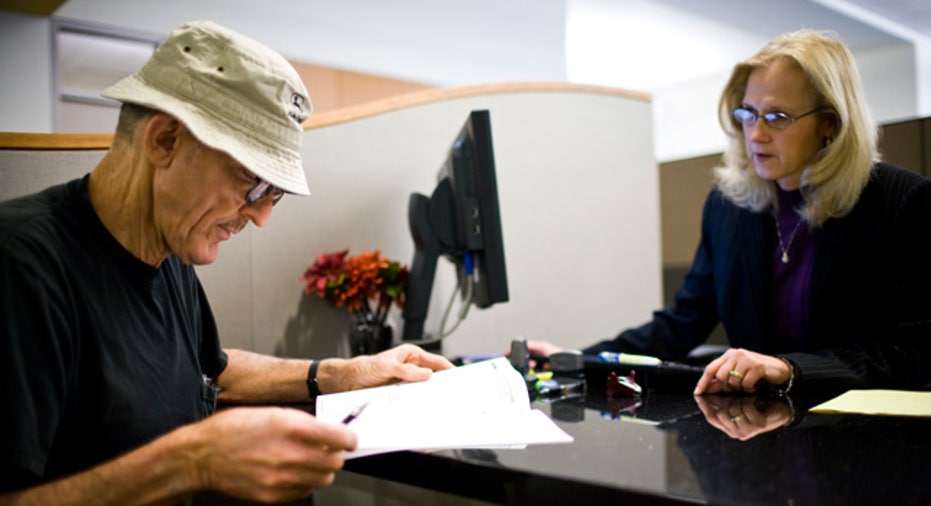Retirement: Working Longer is Plan A. But Where’s Plan B?

Working longer has been Retirement Plan B ever since the great crash of 2008. But for many workers, it’s now Plan A — and no Plan B is in sight.
That’s the key finding from the 12th Annual Transamerica Retirement Survey, which surveyed 4,080 American workers of all ages on their attitudes and expectations about retirement.This year’s survey finds many respondents expressing very low confidence that they’ll ever be able to retire. 40% expect to work longer and retire at an older age, and 39% plan to retire after age 70 or not at all. And over half (54%) of workers plan to work in retirement. Of those who plan on working after retirement or age 65, the most commonly cited reason is economic necessity.
“The new retirement is working,” said Catherine Collinson, president of the Transamerica Center for Retirement Studies, a nonprofit affiliate funded primarily by the Transamerica Life Insurance Company.
Working longer makes good sense as a plan to enhance retirement security in tough times. It means fewer years drawing down savings, more years of retirement account contributions and the opportunity to delay filing for Social Security to your Normal Retirement Age or beyond. Social Security boosts your monthly payments 8% every year you wait to file, which can make a big difference in current income down the road.
So as a general rule, I like the new Plan A. But it’s a strategy that faces a couple important barriers to success:
Age discrimination. It’s a fact of life. And while the overall jobless rate is lower than average for older Americans, it’s much tougher for jobless 50-plus workers to find new employment.Stuff happens. The highly regarded Retirement Confidence Survey from the Employee Benefit Research Institute (EBRI) has consistently found that a large percentage of retirees leave the work force earlier than planned. In 2011, 45% wound up retiring earlier than expected.In most cases, these retirees cite negative reasons for leaving the work force earlier than expected, including health problems or disability (63%), changes at their company, such as downsizing or closure (23%), and having to care for a spouse or another family member (18%).
“The idea of planning not to retire is not a retirement strategy,” Collinson says. “Too often unforeseen circumstances can dictate otherwise.” Yet Transamerica found that only 13% of workers who plan to work past age 70 have a backup plan.
What might make for a good new Plan B? “That’s a great question,” she says. “We’re going to need to get really creative in the way we think about our lives and lifestyles. Alternative living arrangements that didn’t sound palatable 10 years ago might be on the table, like having a roommate or a couple of roommates in retirement. It may not always be the retirement we envisioned — different, but not necessarily worse.”
The Transamerica survey’s other key finding is that a very large number of Americans are approaching retirement with a lack of preparation. Just 10%, for example, have a written retirement plan. And relatively few workers have a good understanding of government retirement-related benefits such as Social Security (40%), Medicare (28%) and Medicaid (23%).Only 30% of workers indicated they have saved over $100,000 in all household retirement accounts, although the percentages were higher for workers over age 50.
One “glaring glimmer of hope,” Collinson said, are Echo Boomers — Americans born after 1978. The study shows young workers are boosting their participation rates in retirement plans and adopting the view that they’re solely responsible for their own retirement security.
“Echo Boomers are the first do-it-yourself retirement generation,” Collinson said. “They are the ones most likely to have to fully self-fund their retirement, and they’re getting a head start by joining their workplace plans. Timing is on their side, so they can conceivably reach their goals by age 65.”



















